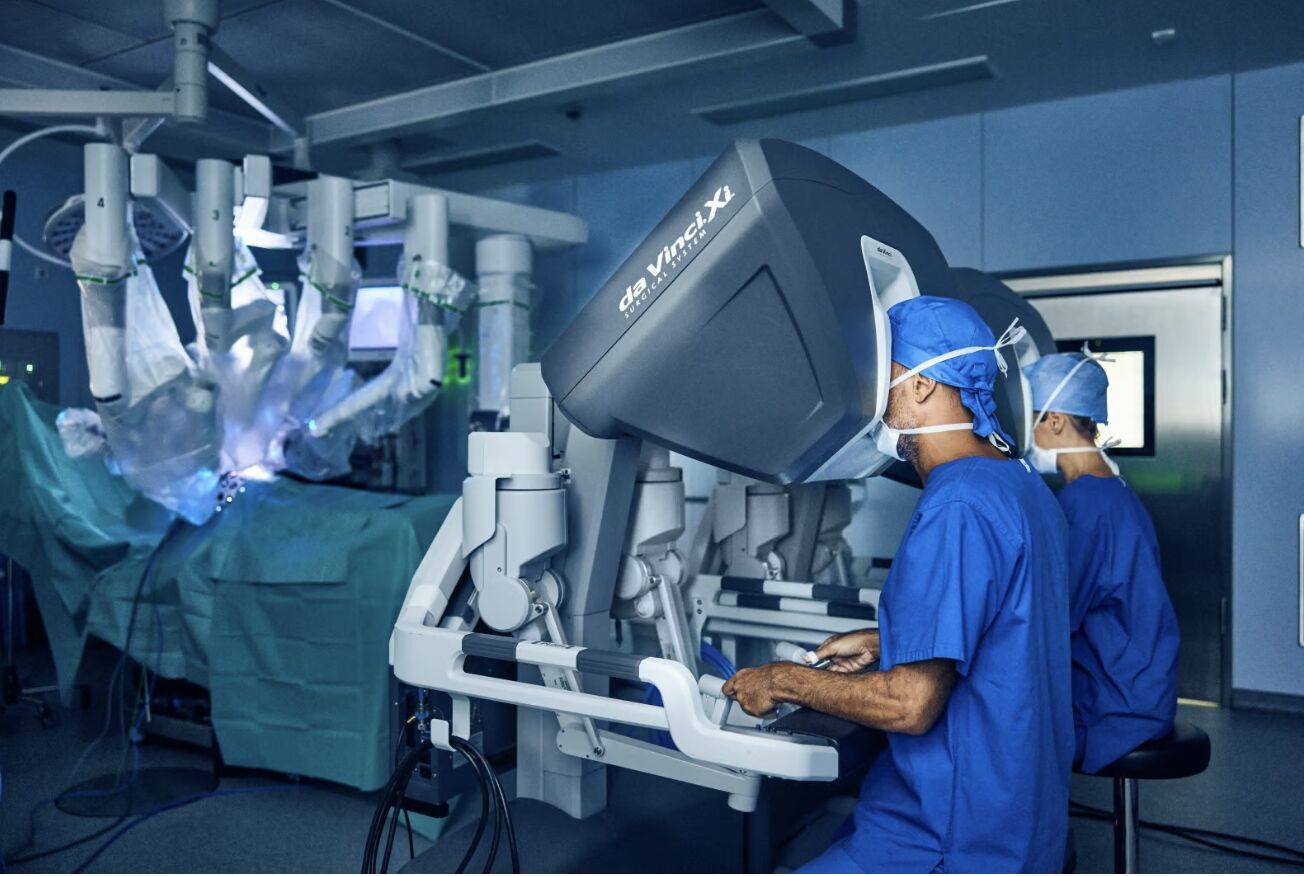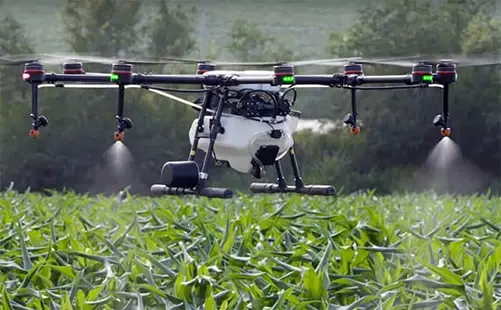Silicon Scientists: The next 'Einstein' of our time?
The field of mathematics, once considered the last bastion of human exclusivity, is now witnessing a paradigm shift. Artificial Intelligence (AI) is making inroads, with some even asking if machines are poised to replace mathematicians.
AI's Foray into Mathematics
AI's invasion into the realm of mathematics has been a topic of discussion among several scholars. Siobhan Roberts, in her report in The New York Times, asserted that AI is gradually encroaching upon the mathematical space. This sentiment was echoed by physicist Peter Woit and mathematician Michael Harris. In his column in Scientific American, John Horgan explored this burgeoning trend.
Mathematics has always been seen as a domain of superhuman feats. The thrill of achieving the insurmountable, the joy of discovery – these are the elements that lend mathematics its distinct charm. However, the possibility of machines replacing human mathematicians raises an array of questions.
The Role of Machines in Mathematics
Over the past three decades, mathematicians have relied on computers to tackle the increasing complexity of mathematics. This has led to discussions about whether the great mathematicians of the future will be silicon-based. As Anthony Bordg pointed out in The Mathematical Intelligencer, the field of mathematics might face a "replication crisis" akin to that in scientific research.
Given the rising difficulty in validating mathematical arguments, Bordg suggested that computerized "proof assistants" could play a crucial role in validating proofs. Microsoft researchers have already developed an "interactive theorem prover" called Lean, which can not only check proofs but also suggest improvements.
The Digitization of Mathematics
The digitization of mathematics could arguably make the field more reliable, leading to easy computer verification of theories. However, this transition has been met with mixed reactions. Michael Harris, professor of mathematics at Columbia University, views mathematics as a free, creative activity pursued for its own sake. He expressed concerns that tools such as Lean could promote a limited view of mathematics as an economic product, rather than a human endeavour.
Yet, AI's role in mathematics is not entirely new. Mathematicians have used mechanical devices like the abacus for centuries, and they were, in fact, the inventors of the computer. The question then is not whether machines should replace mathematicians, but whether they can.
The Emergence of AI Physicists
The trend of AI delving into complex scientific territories extends beyond mathematics and into physics. A recent development by researchers at Forschungszentrum Jülich has led to the creation of an AI capable of formulating physical theories. This AI, capable of recognizing patterns in complex datasets and translating them into physical theories, marks a significant advancement in the field of AI research.
Historically, the development of new theories in physics has been linked to notable figures like Isaac Newton and Albert Einstein. However, the creation of an AI capable of similar feats could potentially rewrite this narrative.
The Physics of AI
Researchers at Forschungszentrum Jülich have adopted a unique approach known as "physics for machine learning". This involves using physics principles to analyze and understand the complex workings of an AI. The AI simplifies complex interactions observed in datasets and then uses the simplified system to develop a new theory.
This approach, called "physics of AI", differs from conventional methodologies by making the theories explainable and grounded in the language of physics. The AI formulates theories in a way that humans can understand, bridging the gap between complex AI processes and comprehensible theories.
The Future of AI in Science
The advent of AI in scientific domains has raised important questions about the future of human scientists. As AI continues to evolve and improve, it seems plausible that machines could replace human mathematicians, physicists, and even scientists in other domains.
While this might seem alarming, it is worth considering that machines have already replaced humans in many fields. From bank tellers and travel agents to cashiers – the advance of technology has made many human roles redundant. The realm of science may not be immune to this trend.
In the future, the field of mathematics, and potentially other scientific disciplines, might resemble a factory where robots perform the heavy lifting. Nonetheless, the role of human technicians, who ensure the smooth operation of these robotic workers, remains crucial. As we stride into a future where AI has a significant role in science, the question is not whether machines can replace scientists, but how we can best adapt and integrate these technological advancements into our scientific pursuits.
#ai
#digitaltransformation
#artificialintelligence
#machinelearning

